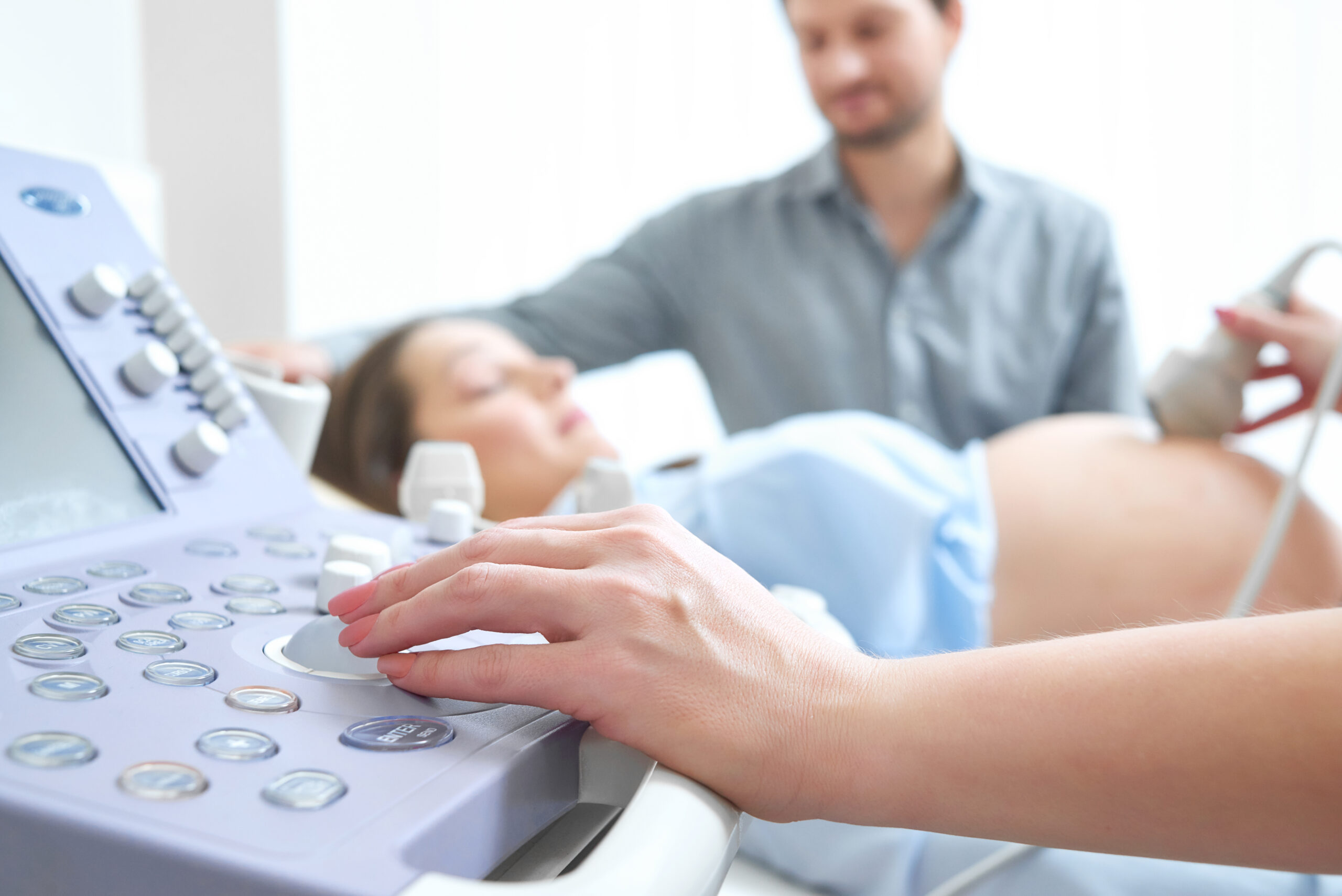Bringing a new life into the world is a journey filled with joy, anticipation, and responsibility. For every parent-to-be, ensuring the health and well-being of the baby is the top priority. Modern medicine offers many tools that help monitor the growth and development of the baby even before birth. Among these, prenatal screening and diagnosis play a crucial role.
This guide explains what prenatal screening and diagnosis mean, why they are important, the types of tests involved, and how they benefit both mother and baby.
What is Prenatal Screening and Diagnosis?
Prenatal screening and diagnosis refer to medical tests performed during pregnancy to check the health of the developing baby. These tests help identify potential genetic conditions, chromosomal abnormalities, or structural issues early in the pregnancy.
- Prenatal screening usually involves non-invasive tests like blood tests and ultrasounds that estimate the chances of certain conditions.
- Prenatal diagnosis refers to more detailed tests, often invasive, that confirm whether a baby has a particular condition.
Together, prenatal screening and diagnosis help parents and doctors prepare better for pregnancy care and delivery.
Why is Prenatal Screening and Diagnosis Important?
Pregnancy is a natural process, but it also comes with risks. Sometimes, babies may develop genetic or structural conditions that cannot be seen without medical help. Prenatal screening and diagnosis are important because they:
- Identify potential health issues early – Conditions like Down syndrome, heart defects, or neural tube defects can be detected.
- Guide medical decisions – Doctors can recommend additional care, treatment, or safe delivery methods.
- Reduce anxiety for parents – Knowing the health status of the baby helps parents prepare emotionally and practically.
- Improve pregnancy outcomes – Early detection allows timely intervention and better planning.
Types of Prenatal Screening Tests
When we talk about prenatal screening and diagnosis, the process usually begins with screening. These tests are safe and non-invasive.
1. Blood Tests
Blood tests measure hormone and protein levels in the mother’s blood that can indicate the likelihood of chromosomal conditions.
- First-trimester screening: Usually done between 11–14 weeks of pregnancy.
- Second-trimester screening: Also called the triple or quadruple test, done between 15–20 weeks.
2. Ultrasound Scans
Ultrasound helps in visualizing the baby’s development. One key test is the nuchal translucency scan, which measures fluid at the back of the baby’s neck to assess the risk of chromosomal abnormalities.
3. Non-Invasive Prenatal Testing (NIPT)
This advanced blood test analyzes small fragments of the baby’s DNA found in the mother’s blood. NIPT is highly accurate for conditions like Down syndrome and Edwards syndrome.
These screening tests are the first step. If results show higher risk, the next stage is prenatal diagnosis.
Types of Prenatal Diagnostic Tests
While screening estimates risks, diagnostic tests confirm whether a condition is present. Prenatal screening and diagnosis work hand in hand to provide clarity.
1. Amniocentesis
- Performed usually between 15–20 weeks.
- Involves taking a small sample of amniotic fluid.
- Helps detect genetic disorders and chromosomal abnormalities.
2. Chorionic Villus Sampling (CVS)
- Done between 10–13 weeks.
- A small tissue sample from the placenta is taken for testing.
- Useful for identifying chromosomal and genetic conditions early.
3. Fetal Echocardiography
- A detailed ultrasound focused on the baby’s heart.
- Helps in diagnosing congenital heart defects.
These tests provide definitive answers and are recommended only when screening results show higher risks.
Benefits of Prenatal Screening and Diagnosis
The true value of prenatal screening and diagnosis lies in the peace of mind it brings to families. Key benefits include:
- Reassurance: Most results show the baby is healthy, reducing stress.
- Early preparation: Parents can prepare for the medical and emotional needs if a condition is detected.
- Better medical planning: Doctors can ensure safe delivery and post-birth care.
- Access to advanced treatment: Some conditions can be treated or managed during pregnancy itself.
Risks and Limitations
It is important to understand that while prenatal screening and diagnosis are extremely helpful, they also have limitations.
- Screening tests are not 100% accurate – They only estimate risk, not confirm conditions.
- Diagnostic tests may involve risks – Procedures like amniocentesis carry a very small risk of miscarriage.
- Not all conditions can be detected – These tests focus on the most common and severe abnormalities.
This is why medical counseling is always recommended before and after the tests.
When Should You Consider Prenatal Screening and Diagnosis?
Doctors usually recommend these tests for all expecting mothers, but they are especially important in cases where:
- The mother is above 35 years of age.
- There is a family history of genetic conditions.
- The couple has had previous pregnancies with abnormalities.
- The mother has certain medical conditions like diabetes.
Emotional Support and Counseling
Undergoing prenatal screening and diagnosis can sometimes be stressful. Parents may worry about results and their implications. Professional counseling helps families understand the outcomes, make informed choices, and receive emotional support throughout the journey.
Choosing the Right Hospital for Prenatal Care
The accuracy and safety of prenatal screening and diagnosis depend on advanced technology and experienced specialists. Choosing the right hospital ensures proper guidance, compassionate care, and world-class medical facilities.
If you are looking for expert fetal medicine specialists, advanced diagnostic facilities, and personalized pregnancy care, Lifeline Hospital – the best Fetal Medicine Hospital in Kochi is a trusted choice.
Conclusion
Pregnancy is a journey filled with hope and dreams. While challenges may arise, modern medical science ensures that parents are not alone. Prenatal screening and diagnosis empower families with knowledge, preparation, and confidence. By identifying risks early, these tests make pregnancy safer for both mother and baby.
Every expecting parent deserves the best care and guidance. With the right medical team and advanced facilities, you can ensure a healthy and happy start to your baby’s life.

